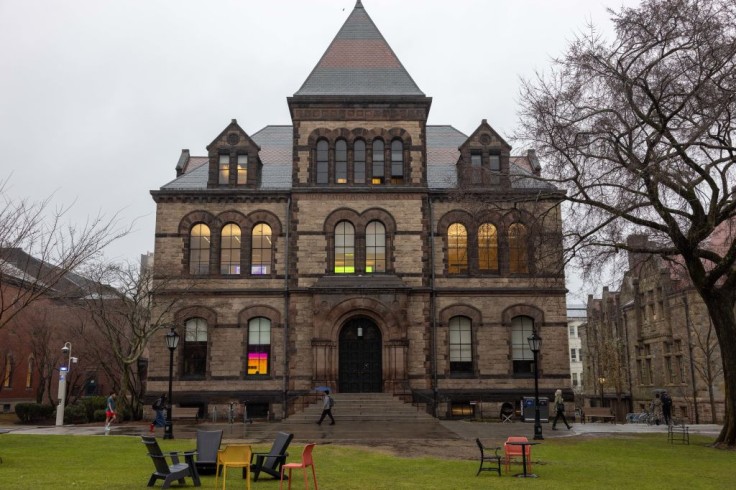Brown University Student Faces Disciplinary Action Over DOGE-Inspired Email Inquiry
By
Brown University sophomore Alex Shieh has ignited controversy and faces disciplinary action after sending a mass email to 3,805 non-faculty employees on March 18, 2025, asking them to describe their job duties. Inspired by the Department of Government Efficiency (DOGE) led by Elon Musk, Shieh's inquiry aimed to uncover why Brown's tuition for the 2025-2026 academic year is set to reach $95,984, a significant increase from $78,706 in 2019-2020. The email, part of Shieh's investigation into administrative costs, has led to charges of misrepresentation and violation of IT policies, raising questions about free speech and accountability in higher education.
Shieh, a 20-year-old computer science and economics major, identified himself as a journalist for The Brown Spectator, a dormant libertarian journal he and other students are working to relaunch. His email asked staff to "describe what tasks you performed in the past week" and was accompanied by a website, Bloat@Brown, which used AI to rank non-faculty roles based on perceived utility, categorizing them as "DEI jobs, redundant jobs, and bulls--t jobs." Shieh's motivation stemmed from Brown's $46 million budget deficit and what he sees as excessive administrative growth, noting that the university employs 3,805 non-faculty staff—more than double the 1,691 faculty members—resulting in roughly one administrator per two undergraduates.
My disciplinary hearing at @BrownUniversity has been scheduled for Friday. For emailing >3000 administrators asking about their job duties, I was charged with misrepresentation and violating the IT policy. Does this sound fair?
— Alex Shieh (@alexkshieh) April 29, 2025
Misrepresentation
For identifying myself as a...
"Brown is charging me for misrepresentation — for saying I am affiliated with the Brown Spectator, which I am, because the Brown Spectator is an independent non-profit and not a registered student group," Shieh told Fox News Digital. "Brown is also charging me for violating their IT policies for publishing Brown employee data, without specifying which provisions of the IT policy were violated," he added. Shieh argues that his actions were journalistic, aimed at exposing bureaucratic inefficiencies, particularly in light of federal scrutiny over diversity, equity, and inclusion (DEI) programs, which could cost Brown significant funding.
The university's response was swift. On March 20, Brown launched a preliminary review, initially citing "emotional harm" to employees, invasion of privacy, and misrepresentation. While the emotional harm charge was later dropped, the university maintains that Shieh's actions may have involved improper use of non-public data. "In spite of what has been reported publicly framing this as a free speech issue, it absolutely is not," said Brian Clark, vice president for news and strategic campus communications. "At the center of Brown's review are questions focused on whether improper use of non-public Brown data, non-public data systems and/or targeting of individual employees violated law or policy."
Shieh's earlier actions provide context for his current controversy. On March 18, he sent emails to approximately 3,800 staff members, mirroring DOGE's federal employee inquiries, and published the Bloat@Brown database, which rated administrators' roles using AI. The site, taken down after reported hacks, drew attention from conservative figures like Elon Musk, who tweeted "Wow" in response to Shieh's work, and Bill Ackman, who called it "impressive." Only 20 of the 3,805 employees responded, some with hostility, prompting Brown to advise staff not to engage.
The incident has sparked debate on campus and beyond. Shieh, supported by the Foundation for Individual Rights and Expression (FIRE), claims the investigation threatens student journalism and free expression. Critics argue that his approach was invasive, targeting individual employees without clear evidence of wrongdoing. Brown's administration insists it is following due process, with Shieh scheduled for a disciplinary hearing on May 2, 2025, to address the charges.
As tuition costs soar and universities face scrutiny over administrative spending, Shieh's case highlights tensions between student activism, institutional transparency, and the boundaries of free speech. The outcome of his hearing could set a precedent for how universities handle similar inquiries in an era of increasing financial and political pressures.
© 2025 University Herald, All rights reserved. Do not reproduce without permission.








